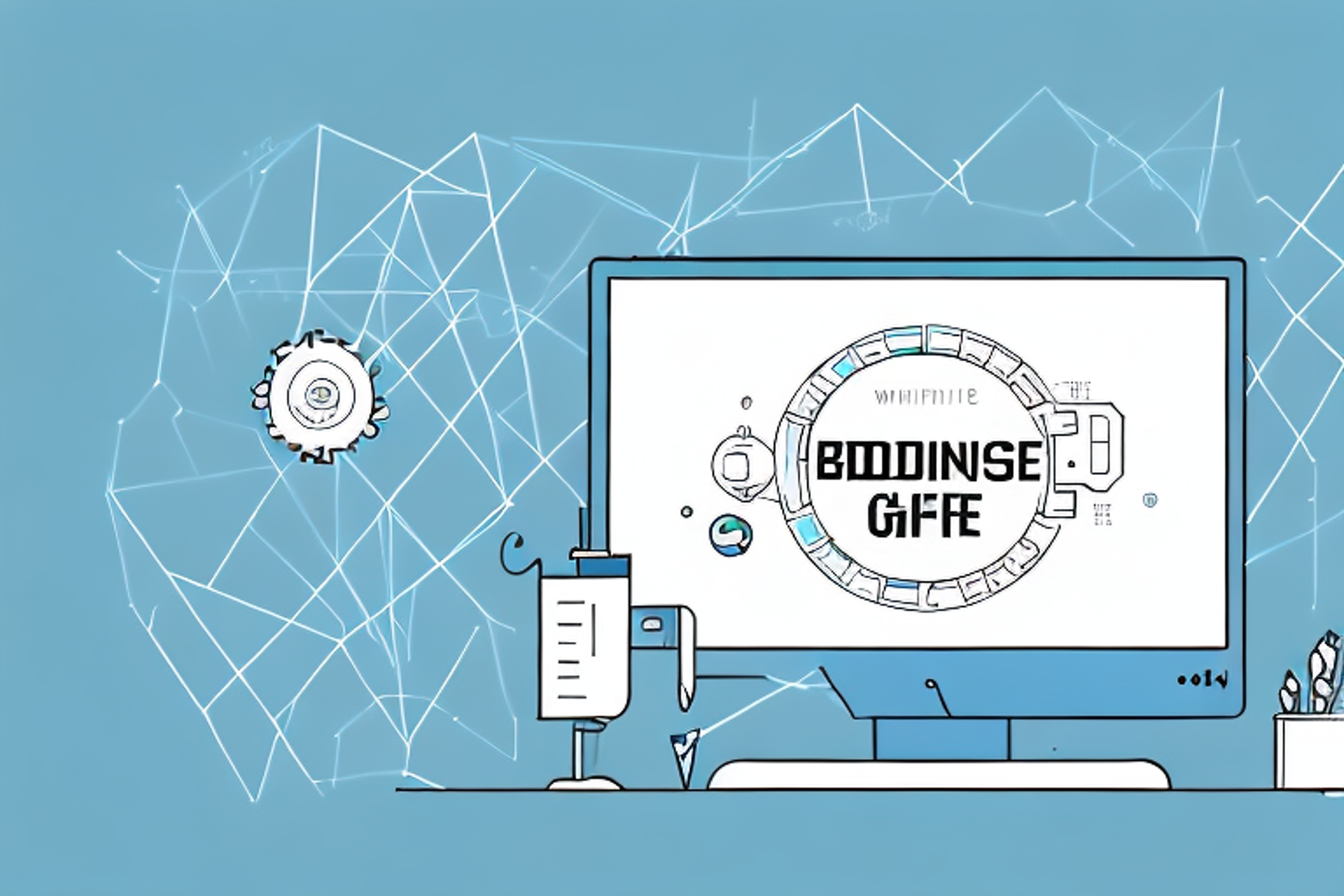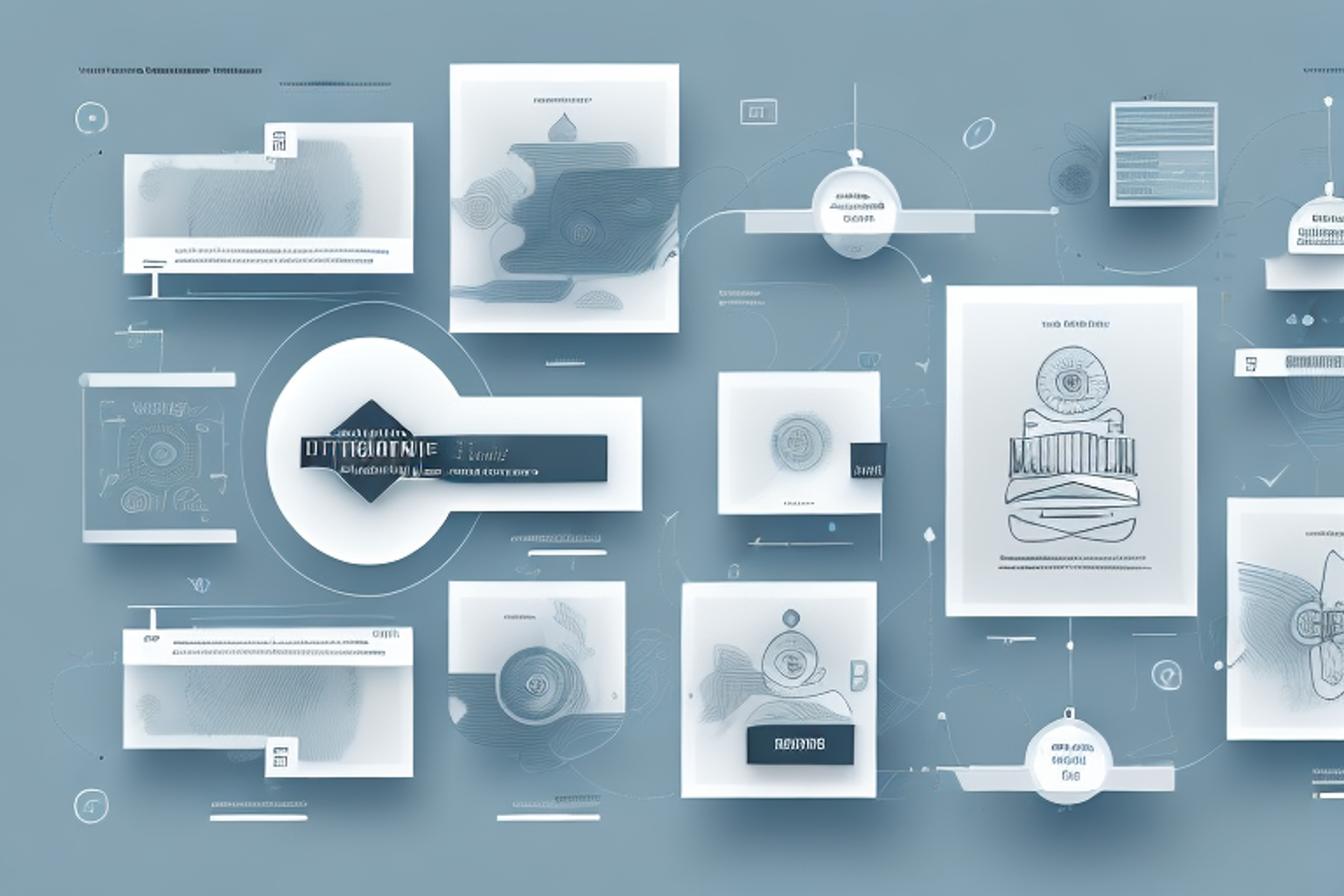How to Master the Art of Software Engineering Interviews
Looking to ace your next software engineering interview? Our comprehensive guide has got you covered.
Posted April 10, 2025

Table of Contents
If you're a software engineer looking for a job, one of the most critical aspects of the hiring process is the interview. Interviewing for software engineering roles can be difficult, particularly if you haven't done it before. However, with the right preparation, you can ace your interview and land your dream job.
The Importance of Interview Preparation for Software Engineers
Preparation is essential when it comes to mastering the art of software engineering interviews. This is because most interviews are designed to be challenging, and you need to be able to demonstrate your skills and expertise in a short amount of time. To get started on your interview preparation, the first thing you need to do is research the company and the position you're applying for. Understanding the company's culture, mission, and values can help you tailor your responses and demonstrate how you can be a valuable asset to the organization. Additionally, you should go through your resume and cover letter to jog your memory about the technical skills and experiences you want to highlight during the interview.
Another important aspect of interview preparation for software engineers is practicing your coding skills. Many interviews will include coding challenges or whiteboard exercises, so it's important to be comfortable with coding under pressure. You can practice by working on coding challenges online or with a study group. It's also a good idea to review common data structures and algorithms, as these are often tested during interviews. Finally, make sure to practice your communication skills, as being able to explain your thought process and solutions clearly is just as important as your technical abilities.
Top Technical Skills to Highlight in a Software Engineering Interview
During an interview, technical skills are critical to demonstrate your ability to perform the job's duties. Some of the most important technical skills to highlight in a software engineering interview include experience with programming languages like Java, Python, and C++, knowledge of software development methodologies like Agile and Scrum, and experience with software testing, debugging, and troubleshooting. You should also be able to speak in detail about your experience with software design patterns and architectures, database technologies, and web development frameworks.
Another important technical skill to highlight in a software engineering interview is your knowledge of version control systems like Git. This is essential for managing code changes and collaborating with other developers. Additionally, experience with cloud computing platforms like Amazon Web Services (AWS) or Microsoft Azure is becoming increasingly important as more companies move their applications to the cloud.
It's also important to showcase your ability to work with different operating systems, such as Windows, Linux, and macOS. This demonstrates your versatility and adaptability to different environments. Finally, having knowledge of mobile app development, including iOS and Android platforms, can be a valuable asset for companies looking to expand their mobile presence.
How to Effectively Communicate Your Problem-Solving Skills
Software engineering is a field that requires excellent problem-solving skills. During your interview, it's essential to demonstrate your ability to solve complex problems and troubleshoot issues effectively. One of the best ways to do this is by using the STAR method (Situation, Task, Action, and Result) to describe examples of how you've solved problems in past work experiences. Remember to walk the interviewer through your thought process, and communicate any challenges you faced along the way.
Another effective way to showcase your problem-solving skills is by discussing any personal projects or side hustles you've worked on. This demonstrates your passion for the field and your ability to take initiative and solve problems independently. Be sure to highlight any challenges you faced during the project and how you overcame them.
It's also important to show your willingness to learn and adapt to new technologies and methodologies. Employers want to see that you're not only a problem solver but also someone who can keep up with the ever-changing landscape of software engineering. Be prepared to discuss any new technologies or programming languages you've recently learned and how you plan to continue your education and growth in the field.
Tips for Navigating Behavioral Interview Questions
Behavioral interview questions are designed to assess your character, personality, and soft skills. Questions like "Tell me about a time when you had to handle a difficult situation" or "Describe a time when you had to work with a challenging team member" can be challenging to answer. However, with the right preparation, you can provide thoughtful and detailed responses that help the interviewer understand your strengths and weaknesses. When answering behavioral interview questions, always focus on what you learned from the experience and how it helped you grow as a professional.
One effective way to prepare for behavioral interview questions is to review the job description and identify the key skills and qualities the employer is looking for. Then, think of specific examples from your past experiences that demonstrate those skills and qualities. It's also important to practice your responses and get feedback from others, such as a career counselor or mentor. By taking the time to prepare and practice, you can approach behavioral interview questions with confidence and showcase your strengths to potential employers.
The Role of Cultural Fit in Software Engineering Interviews
Cultural fit has become increasingly important in the hiring process, particularly in software engineering roles. Employers want to ensure that they are hiring individuals who align with their company culture and values. During your interview, it's essential to demonstrate what makes you a good fit for the company by highlighting your own values and showing how they align with the organization's.
Research has shown that cultural fit can have a significant impact on employee satisfaction and retention. When employees feel like they fit in with the company culture, they are more likely to be engaged and committed to their work. This is especially important in software engineering, where collaboration and teamwork are essential for success. Employers are looking for candidates who not only have the technical skills but also the ability to work well with others and contribute to a positive team dynamic.
How to Research and Prepare for a Company's Interview Process
Before your interview, make sure to research the company's interview process to understand what to expect. This may include phone screenings, technical interviews, and on-site interviews. Additionally, you should be familiar with the interviewers you will be speaking with, including their job titles and backgrounds. By doing your due diligence, you can prepare yourself for each stage of the interview process and increase your chances of success.
Another important aspect of preparing for a company's interview process is to research the company itself. This includes understanding the company's mission, values, and culture. By doing so, you can tailor your responses to align with the company's goals and demonstrate your fit within the organization. Additionally, researching the company's recent news and developments can provide valuable insights into the company's current priorities and challenges.
It is also important to practice your interview skills before the actual interview. This can include practicing common interview questions, preparing responses to behavioral questions, and practicing your body language and tone of voice. You can also ask a friend or mentor to conduct a mock interview with you to receive feedback and improve your performance. By practicing beforehand, you can feel more confident and prepared during the actual interview.
Overcoming Nerves and Anxiety During the Interview
It's common to feel anxious or nervous before and during an interview. However, it's essential to learn how to manage these feelings to perform well during the interview. One of the best ways to do this is by practicing mindfulness techniques like deep breathing and visualization. Additionally, you can try practicing with a friend or mentor beforehand to build confidence and feel more prepared for the interview.
Common Mistakes to Avoid During Software Engineering Interviews
There are several common mistakes that software engineering candidates make during interviews that can hurt their chances of getting hired. These include failing to prepare adequately, not communicating effectively, appearing disinterested or unengaged, and not showing enthusiasm for the company or the job. Be sure to avoid these mistakes by taking the time to prepare and demonstrate your excitement for the position.
How to Follow Up After the Interview and Leave a Lasting Impression
After your interview, it's crucial to follow up with a thank-you note or email. This demonstrates your enthusiasm for the position and can help you stand out amongst other candidates. In your thank-you note, be sure to reiterate your interest in the job and highlight any key points you discussed during the interview.
The Benefits of Mock Interviews and Practicing with Peers
One of the most effective ways to prepare for a software engineering interview is by practicing with peers or participating in mock interviews. This can help you identify any weak points in your interviewing skills and provide valuable feedback to help you improve. Additionally, you can get a sense of the types of questions you're likely to face during the interview and develop effective responses.
Understanding Different Types of Software Engineering Interviews (Phone, Technical, Onsite)
There are several different types of interviews that software engineering candidates may face, including phone interviews, technical interviews, and on-site interviews. Each type of interview requires different preparation strategies and presents unique challenges. For example, technical interviews may require you to write code on the spot, while on-site interviews may involve group activities or presentations. Understanding the different types of interviews can help you feel more prepared for each stage of the hiring process.
In conclusion, mastering the art of software engineering interviews takes time and effort. However, with the right preparation and a confident attitude, you can prove yourself as a top candidate and land your dream job. Follow these tips and strategies, and you'll be well on your way to acing your next software engineering interview.











